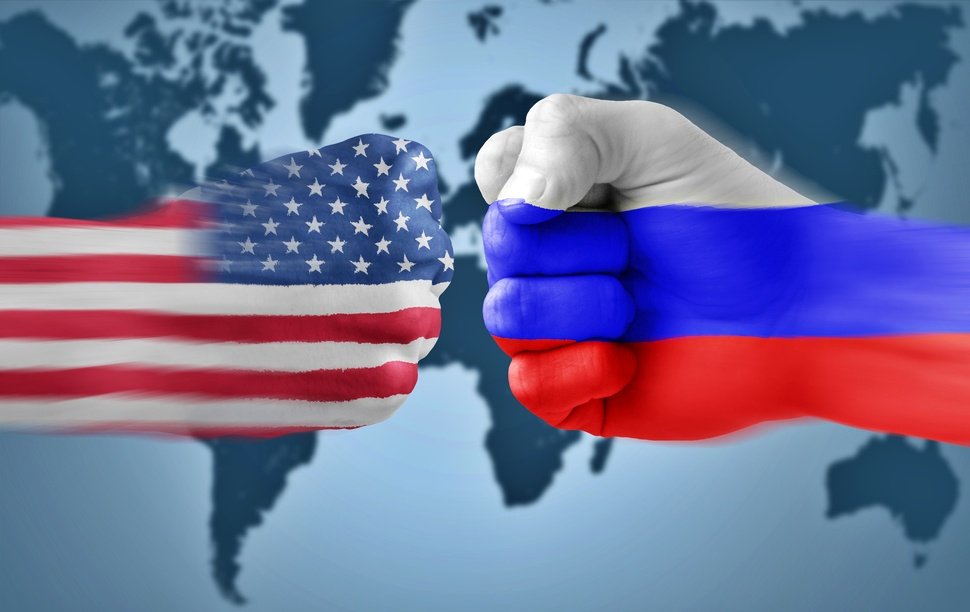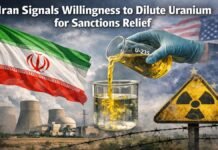
Washington D.C: The U.S. State Department has formally accused Russia of deploying chemical weapons against Ukrainian forces, a serious violation of the Chemical Weapons Convention (CWC). The allegations, announced on Wednesday, include the use of chloropicrin a substance with dual use as a pesticide and warfare agent—alongside “riot control agents” like tear gas, in military operations within Ukraine.
This breach is not viewed as an isolated event but rather part of a strategic effort by Russian forces to force Ukrainian troops out of heavily fortified positions to secure tactical advantages on the ground. The U.S. asserts that such actions are likely driven by a calculated military strategy rather than random acts of warfare.
In response, the U.S. Treasury Department has unveiled a comprehensive package of sanctions designed to debilitate Russia’s military and industrial strength. These sanctions target nearly 300 entities across Russia, China, and other nations accused of aiding President Vladimir Putin’s ongoing invasion of Ukraine.
The punitive measures are directed at companies and networks that facilitate Russia’s procurement of weaponry and equipment for the conflict in Ukraine. They also extend to Russian governmental bodies and corporations involved in chemical and biological weapons development.
Despite Russia’s claims of no longer maintaining a military chemical arsenal, there is international pressure for greater transparency regarding the alleged employment of toxic agents. Chloropicrin, identified by the U.S. National Institutes of Health as hazardous upon inhalation, underscores the health risks associated with such chemical agents.
The sanctions follow a week after U.S. President Joe Biden authorized new funding for Ukraine, aimed at reinforcing Kyiv’s military as it contends with Russian military pressure. Treasury Secretary Janet Yellen emphasized that these actions would significantly hinder Russia’s war efforts by targeting its military-industrial complex and the evasion networks supporting it.
Furthermore, the State Department has expanded its blacklist to include individuals and companies within Russia’s energy, mining, and metals sectors. The sanctions also address individuals linked to the death of Russian opposition leader Aleksey Navalny, who passed away in a Siberian prison in February.
The nearly 300 sanctioned targets include various actors accused of enabling Russia’s acquisition of crucial technology and equipment from abroad. Among those sanctioned are entities based in nations like China, which has been under increased scrutiny from Washington for its support of Russia during the 15-month-long invasion of Ukraine.
The Treasury Department’s statement concludes by highlighting the significant threat these support networks pose to international security, as they allow Russia to persist in its conflict against Ukraine.





















































